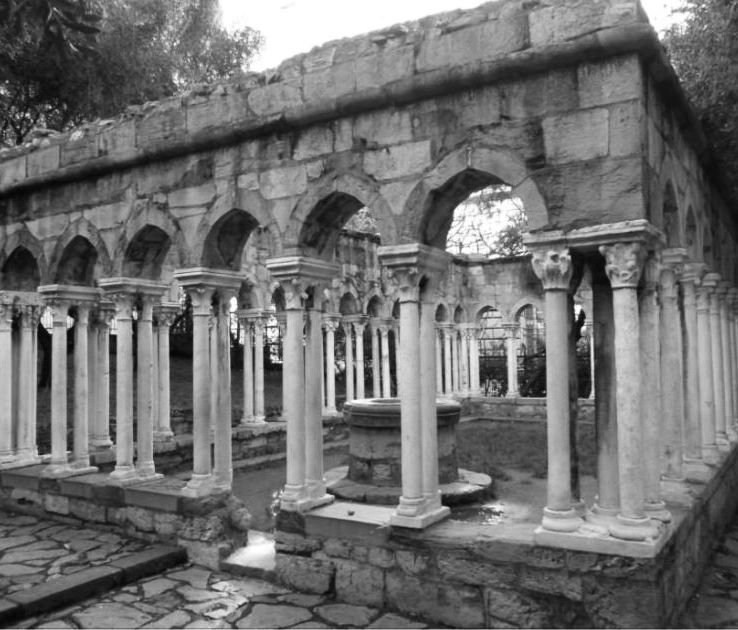
Synopsis:
In the first book of his Tusculan Disputations Cicero examines the idea of death, the quality of the human soul, the pursuit of virtue as an end, as well as the mood of human nature. The essay is conveyed in dialogue form among a teacher and his pupil.
Excerpts:
“And yet a responsible farmer will plant trees, even though he’ll never see them bear a single olive. Won’t a great man plant laws, practices, a commonwealth?
“But somehow there remains in our minds a vision, as it were, of generations to come: a vision that appears most readily and blazes forth most intensely in those with the greatest talent and the deepest soul.
“We naturally believe that gods exist, but we discern their qualities through the exercise of reason. Just so, we share a universal feeling that souls live on, but we must use reason to determine where and in what condition.
“The soul senses its own motion; when it does, it senses that it has been moved by its own power, not by anything else, and that it can never be deprived of itself. Which means it is eternal.
“Although glory is not to be sought for its own sake, it follows virtue like a shadow.
*All excerpts have been taken from Cicero: On Living and Dying Well, Penguin Classics.




You must be logged in to post a comment.